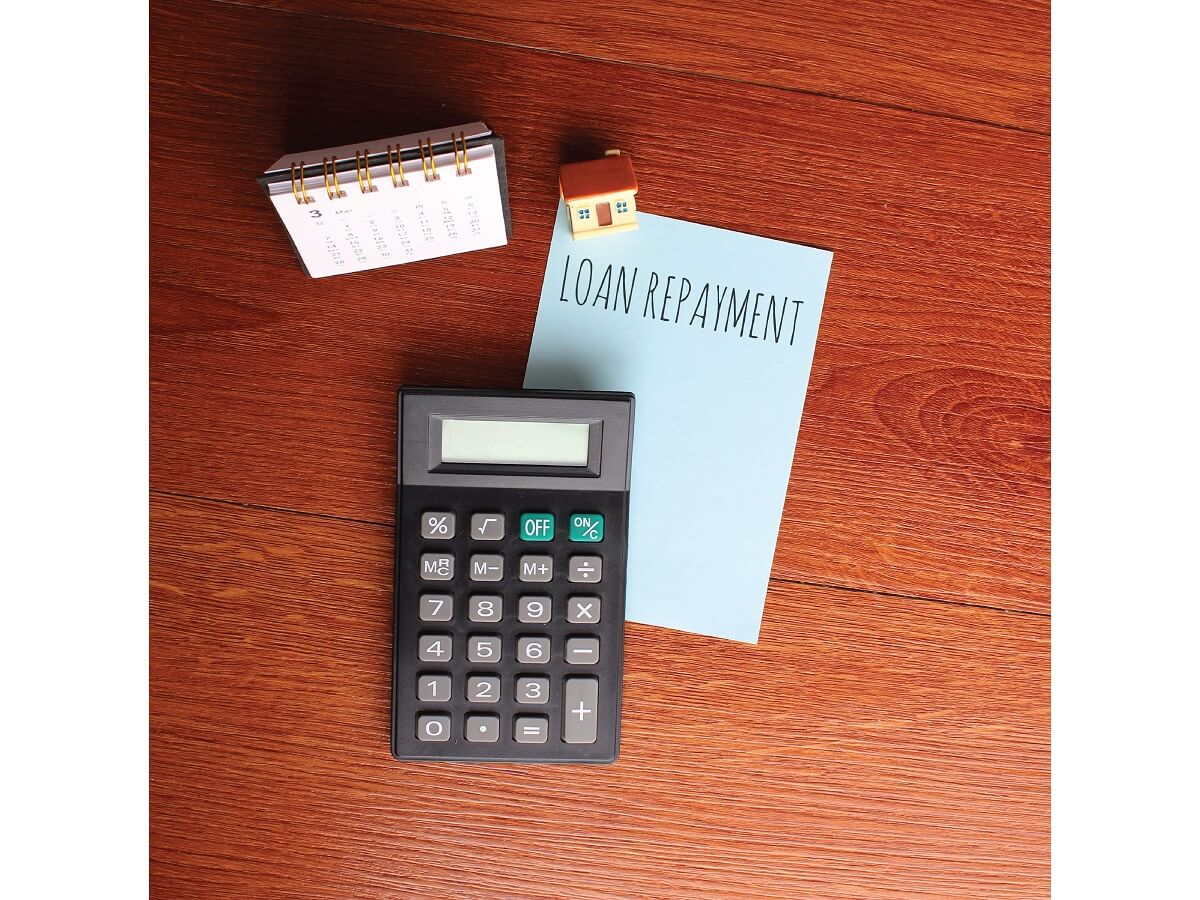One of safest and most sought-after investment instruments in the market today, Fixed Deposits (FDs) offer guaranteed returns, while also helping you meet your financial goals.
FDs can be categorised as cumulative and non-cumulative. In each form, the interest is payable at specified frequencies.
Cumulative
In a cumulative fixed deposit scheme, the interest amount is compounded over the term of the deposit and paid at maturity. Longer deposits generally earn higher FD rates.
For instance, if you invest Rs. 1,00,000 in an FD with a bank at a 10% rate of interest for 1 year, you would receive Rs. 1,10,000, which is the principal amount plus the interest earned, at the end of the year.
Non-Cumulative
On the other hand, in a non-cumulative scheme, the interest amount is payable on a monthly, quarterly, semi-annual or annual basis.
Let’s say you place another FD with the bank. Only this time, you choose the non-cumulative interest option. Here, you get to choose the frequency of your periodic payments – be it monthly, quarterly or annually.
This means that if you’ve made a deposit of Rs. 1,00,000 at a rate of interest of 10% for 1 year, coupled with quarterly payouts, you will receive Rs. 2,500 each quarter.
Different lenders offer different fixed deposit interest rates. Depending on your requirements and future financial goals, you can opt between a cumulative and non-cumulative FD of your choice. The only point of differentiation between the two is the periodicity of interest payments. While cumulative schemes offer a single outgo of interest, non-cumulative schemes offer periodic interest payments.
Additional read: 5 Reasons To Invest In FD
How to Choose Between the Two
Salaried individuals, or small business owners, who don’t necessarily need any added income to meet their monthly expenses can easily opt for a cumulative FD. By saving a larger amount, the corpus built using a cumulative scheme can also help meet long-term financial goals.
For retired individuals and pensioners, who don’t have a steady source of income, non-cumulative FDs are a better bet. They provide periodic payments on a regular basis, allowing such individuals to better plan their day-to-day and monthly expenses.
Irrespective of which section of society you belong to, an FD, can help you build a better corpus for the future. In fact, they are the most preferred form of investment to help individuals meet their long-term financial goals.
Learn more about fixed deposit.
Conclusion
Ever wondered about "cumulative fixed deposit" vs. "non-cumulative fixed deposit"? Both are savings options, but the "difference between cumulative and non-cumulative FD" lies in interest payouts. A "cumulative fixed deposit" earns interest that gets added to the principal amount, growing your money faster due to compounding. However, you only receive this accumulated sum at the end of the term. With a "non-cumulative fixed deposit", you get regular interest payouts (monthly, quarterly, etc.), providing a steady income stream. So, which is better? It depends! Choose a "cumulative fixed deposit" if you prioritize maximum growth and don't need immediate access to interest. Opt for a "non-cumulative fixed deposit" if you prefer regular income or need the flexibility to withdraw interest sooner.






















































